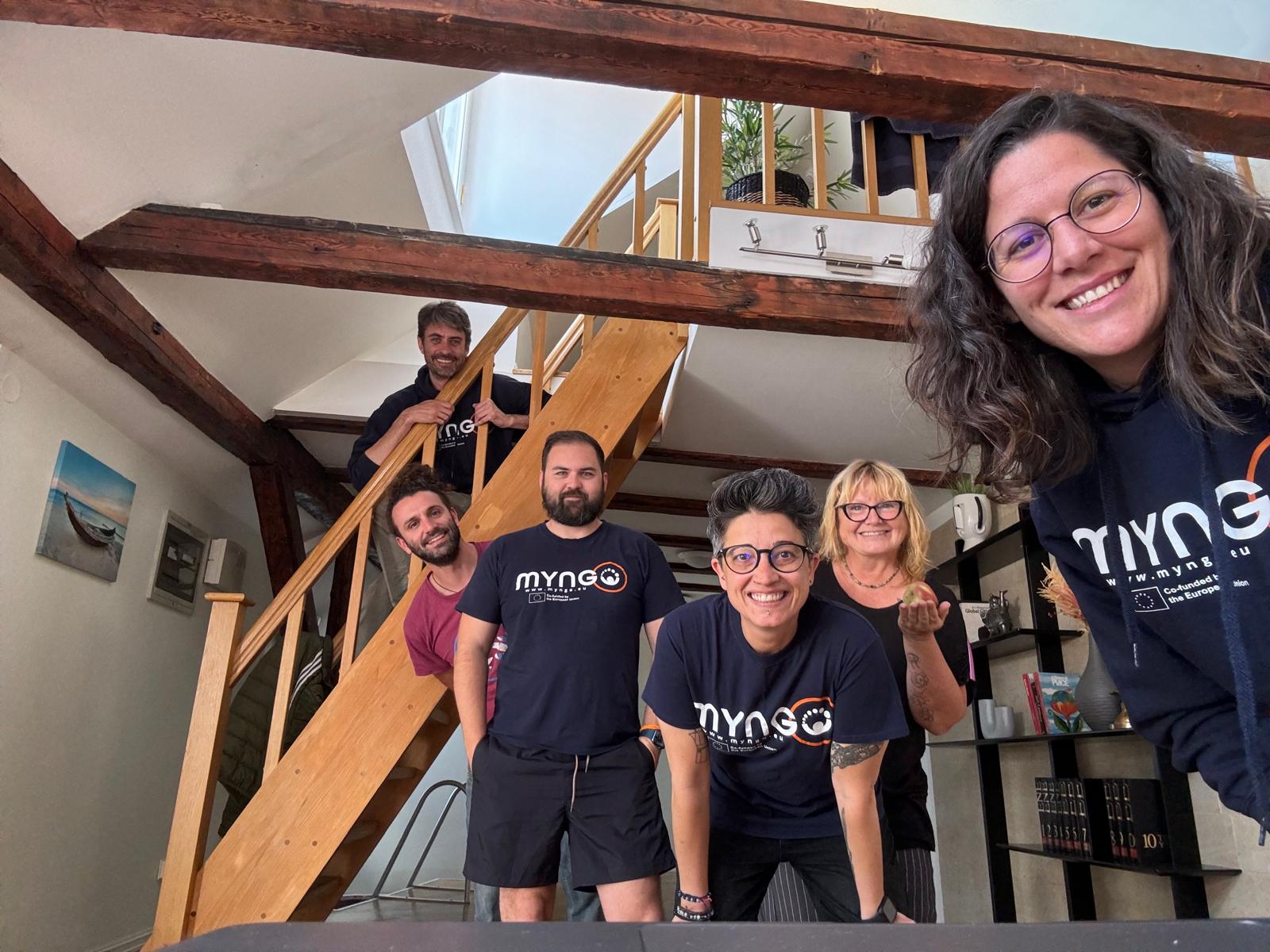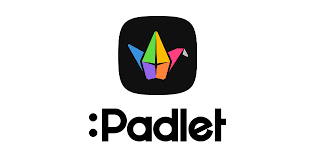In recent years, the landscape of activism has undergone a profound transformation with the emergence of digital technology. From social media campaigns to online petitions, digital platforms have become powerful tools for mobilizing communities, raising awareness, and driving social change. This article explores the phenomenon of digital activism, its impact on advocacy efforts, and the opportunities and challenges it presents in the modern age.
Digital activism, also known as cyber activism or online activism, refers to the use of digital technology and online platforms to advocate for social, political, and environmental change. It encompasses a wide range of tactics and strategies, including social media campaigns, online petitions, digital protests, hacktivism, and citizen journalism. Digital activists leverage the power of the internet and social networks to amplify their voices, mobilize supporters, and challenge established power structures.
Social media platforms have emerged as central hubs for digital activism, providing activists with  unprecedented reach and connectivity. Platforms like Twitter, Facebook, Instagram, and TikTok enable activists to share information, organize events, and engage with audiences in real-time. Hashtags, trending topics, and viral content amplify the visibility of activist campaigns, sparking conversations and mobilizing support on a global scale. Social media has democratized activism, allowing anyone with internet access to become a voice for change and participate in grassroots movements.
unprecedented reach and connectivity. Platforms like Twitter, Facebook, Instagram, and TikTok enable activists to share information, organize events, and engage with audiences in real-time. Hashtags, trending topics, and viral content amplify the visibility of activist campaigns, sparking conversations and mobilizing support on a global scale. Social media has democratized activism, allowing anyone with internet access to become a voice for change and participate in grassroots movements.
Online petitions are a popular form of digital activism, enabling individuals to voice their concerns, demand accountability, and advocate for specific policy changes or reforms. Platforms like Change.org, Avaaz, and Care2 provide users with tools to create and promote petitions on a wide range of issues, from human rights and social justice to environmental conservation and animal welfare. By gathering signatures and mobilizing supporters online, digital petitions can exert pressure on decision-makers and catalyze tangible outcomes.
Digital activism extends beyond online petitions to include digital protests and direct action campaigns. Virtual protests, livestreamed demonstrations, and coordinated actions on social media platforms enable activists to make their voices heard and challenge authority in creative and disruptive ways. Hacktivist groups like Anonymous leverage digital tools and techniques to disrupt systems, expose corruption, and advocate for transparency and accountability. While controversial, these forms of digital activism have sparked important conversations and raised awareness about critical issues.
Despite its transformative potential, digital activism also presents challenges and considerations for activists and advocates. Issues such as online censorship, surveillance, algorithmic bias, and misinformation pose threats to digital freedom and the effectiveness of online advocacy efforts. Moreover, the rapid spread of information on social media can lead to echo chambers, polarization, and the amplification of misinformation and disinformation. Activists must navigate these challenges while upholding ethical principles, protecting user privacy, and fostering inclusive and equitable digital spaces.






